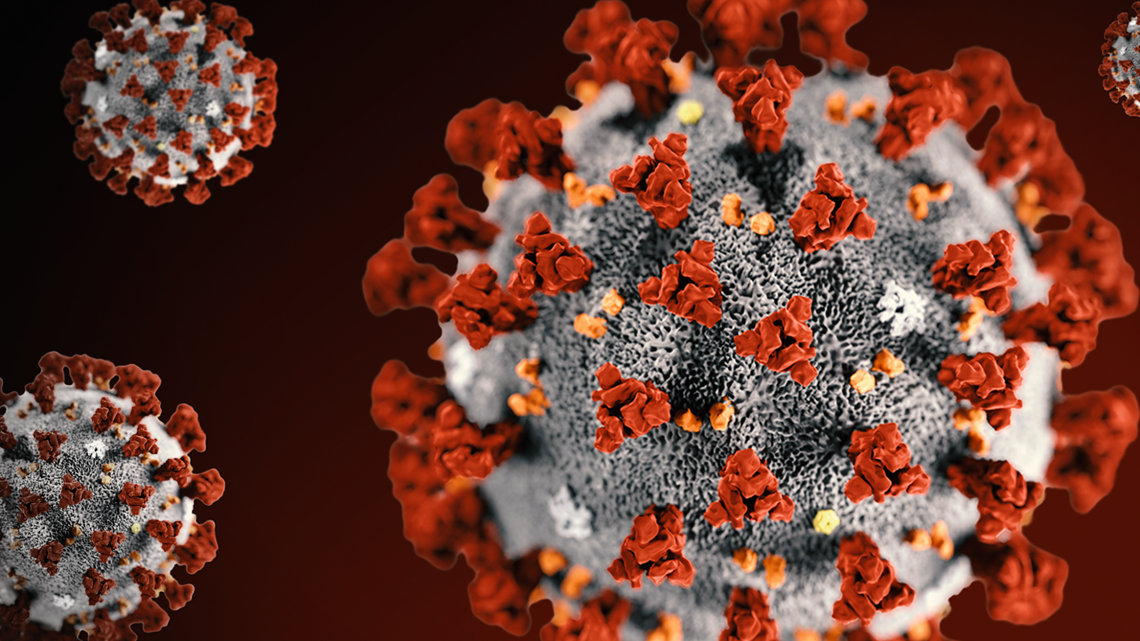Fears regarding the outbreak of the coronavirus, officially named COVID-19, have led to rumors circulating online, a lot of them.
So many in fact that VERIFY is compiling each week’s coronavirus fact-checks every Friday. That way you can easily find every fact-check the team has made about the coronavirus on a weekly basis.
Here are this week’s viral claims.
It’s possible the coronavirus could live on phones for up to four days
The World Health Organization made a report on SARS in 2003 that found it could survive on glass for up to four days. Most modern phones have screens made of glass. Both the WHO and the Centers for Disease Control and Prevention have compared the newest coronavirus, COVID-19, to SARS because it was also a coronavirus. So based on what we know about SARS, it’s possible that the virus could survive on your phone for up to four days. So, be sure to sanitize your phone from time to time, especially if you let another person use it.
You can make homemade hand sanitizer, just don’t use vodka for it
Several news articles shared recipes for homemade hand sanitizers you could make yourself. These recipes are roughly similar to a recipe the WHO shared about 10 years ago. The most important aspect of these recipes is that they’re at least 60% alcohol, according to the CDC. The issue with using liquor, such as Tito’s Vodka, in these recipes is that they don’t have enough alcohol to be effective.
Hand sanitizers can help protect you from the coronavirus, just not as well as washing your hands will
A viral tweet claimed that hand sanitizers won’t help protect you from COVID-19 at all. This isn’t true. While the CDC recommends people wash their hands with soap and water as the best preventative measure for COVID-19, they say you should use hand sanitizer with at least 60% alcohol if washing your hands isn’t an option.
ARTICLE: VERIFY: Hand sanitizer can protect against coronavirus, but not as well as washing your hands
A flu vaccine cannot double as a coronavirus vaccine
A viral clip of a question President Donald Trump asked a team of doctors at a meeting prompted clarifications about vaccines and how they work. According to the CDC, vaccines build up the body’s immune system by putting weakened or dead forms of a pathogen into the body. This typically only helps the body build immune responses to specific viruses and bacterias or specific strains of viruses and bacterias. That’s part of the reason it’s recommended you get a flu vaccine every year -- each flu vaccine only protects you from specific strains that research believes will be common that year. Given that the flu vaccine only protects against specific strains of the influenza virus, it would have no impact on the coronavirus.
Antibiotic cream won’t protect you from the coronavirus
Claims of home remedies and unproven preventative measures have circulated online since the outbreak of COVID-19 first began. One such claim is that you can prevent yourself from getting the coronavirus if you rub antibiotic cream in your nostrils. Antibiotics kill bacteria, not viruses, so an antibiotic cream would not have any effect on the coronavirus. In general, don’t trust claims about treatments or remedies unless they come specifically from the CDC or the WHO.
Something you’d like VERIFIED? Click here to submit your story.



